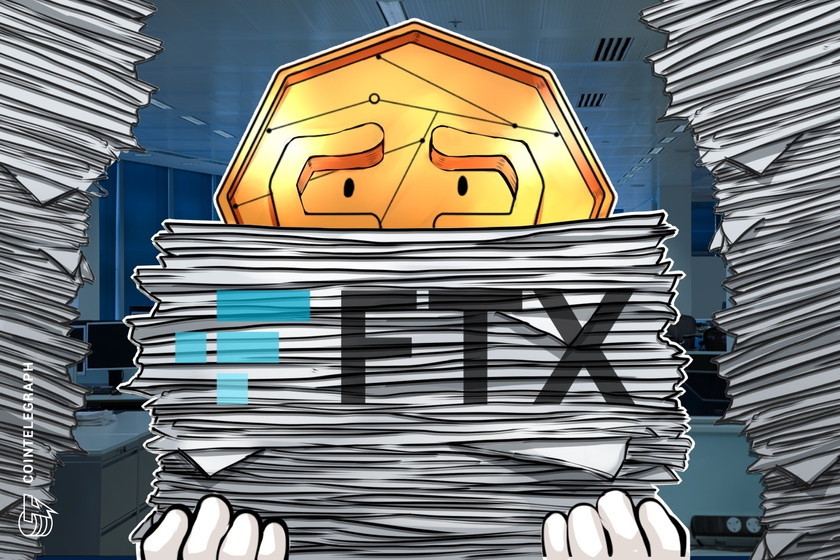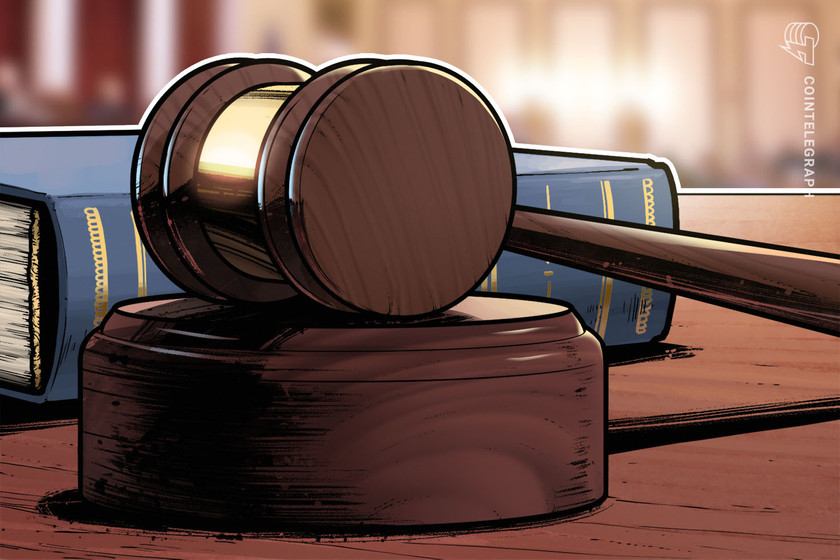FTX financial controls were a ‘hodgepodge’ of apps, says court filings


A court filing alleged apps such as Excel spreadsheets and Slack messages were used to manage the assets and liabilities of FTX and its entities.
FTX was run by three inexperienced people “not long out of college” who relied on “a hodgepodge” of online shared documents and communications across a series of different apps to manage the multi-billion dollar empire, according to FTX CEO John Ray III.
In an April 9 court filing in a Delaware Bankruptcy Court, John J Ray III gave his first detailed account of the control failures at FTX.
Ray stated that his restructuring team had “identified extensive deficiencies in the FTX Group’s controls” from a lack of appropriate financial and accounting controls to an inadequate group management structure and record-keeping process.
FTX apparently “relied on a hodgepodge of Google documents, Slack communications, shared drives and excel spreadsheets” to manage its assets and liabilities, the filing says.
FTX used the accounting software QuickBooks, which Ray said was designed for “small and mid-sized businesses” and not for a firm that operates across “multiple continents and platforms” such as FTX.
Related: Names of non-US FTX users demanded by mainstream media outlets
FTX’s bookkeeping was reported to have been neglected as around 80,000 transactions were left as unprocessed accounting entries in “catch-all QuickBooks accounts titled ‘Ask My Accountant.’”
Ray emphasized that co-founders Sam Bankman-Fried and Gary Wang, along with former engineering director Nishad Sing, had the “final voice in all significant decisions” despite very limited experience.
“These three individuals, not long out of college and with no experience in risk management or running a business, controlled nearly every significant aspect of the FTX Group.”
Wang and Singh’s significant control over FTX was noted by an unnamed FTX executive who stated that “if Nishad [Singh] got hit by a bus, the whole company would be done. Same issue with Gary [Wang].”
It was noted that the company couldn’t provide a complete list of its employees at the time of bankruptcy filing in November.
FTX failed to file its financials on time at the end of financial reporting periods and did not carry out back-end checks to identify and correct material errors.
Brett Harrison, the president of FTX.US, raised concerns with Bankman-Fried and Singh regarding “the lack of appropriate delegation of authority, formal management structure, and key hires at FTX.US.”
In response, Harrison’s bonus was significantly reduced and he was instructed to apologize to Bankman-Fried by the firm’s internal counsel, which he refused to do. It was reported that Harrison resigned following the disagreement.
Not sure how this is “new,” as I’ve written and spoken publicly about the circumstances of my resignation from FTX US a number of times since January. https://t.co/b3apaHoOzT
— Brett Harrison (@BrettHarrison88) April 9, 2023
Ray stated in a Feb. 6 court filing that when he took control of FTX in November there was “not a single list of anything” related to bank accounts, income, insurance or personnel, causing a “massive scramble for information.”
He pushed back against the motion to assign an independent examiner to the bankruptcy case out of fears that “inadvertent errors” could result in “hundreds of millions of dollars of value being destroyed.”
Magazine: US and China try to crush Binance, SBF’s $40M bribe claim: Asia Express

















